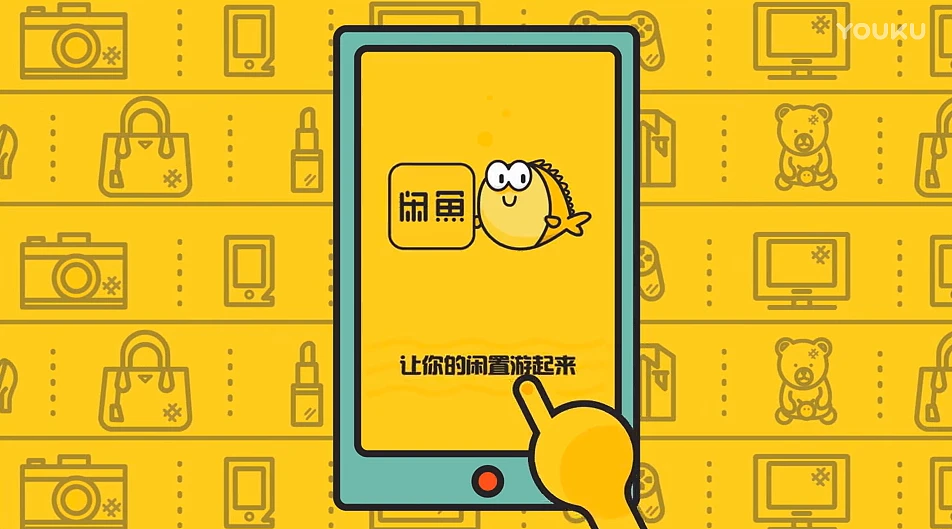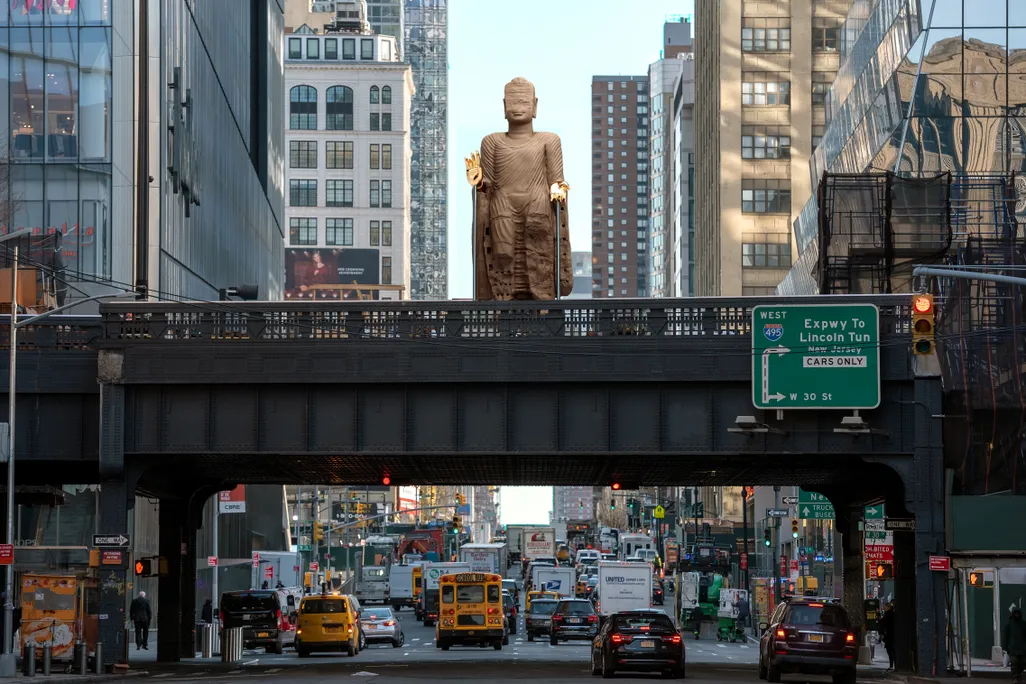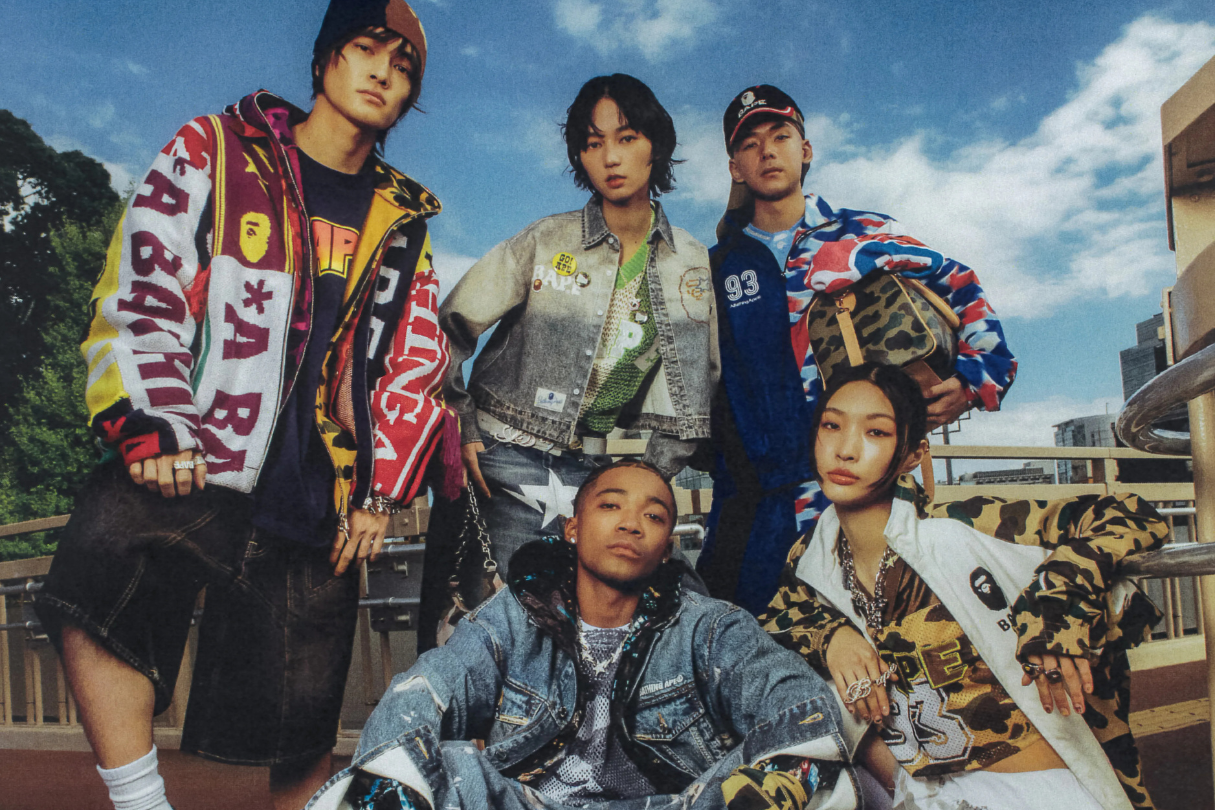Grindr’s reputation precedes it. The LGBTQ dating app was the first of its kind, the go-to digital lifestyle app for the entire gay community. And now, in the eyes of the US government, a national security risk.

When Beijing Kunlun Tech took over Grindr in 2016, the firm failed to clear the acquisition with the Committee on Foreign Investment in the United States (CFIUS), the agency responsible for reviewing transactions involving foreign investment in US companies. Last week, Reuters reported that CFIUS had asked Kunlun to sell the California-based dating app over fears that Beijing could exploit sensitive user data, especially where it concerns American military and intelligence officers.
According to Reuters, “Kunlun had said last August it was preparing for an initial public offering (IPO) of Grindr. As a result of CFIUS’ intervention, Kunlun has now shifted its focus to an auction process to sell Grindr outright.”
But the news has left many asking a much simpler question: since when does China own Grindr?
The Beijing-based mobile gaming giant acquired a 60% stake in Grindr in 2016 for 93 million USD, and bought the rest in 2018.
On Twitter, plenty of people voiced concerns about data privacy:
I have long warned about China owned TikTok—the one app I do not wan my kids using. Location x facial recognition given to China
I did not know gay app Grindr was owned by China too
Beijing could exploit the app’s personal data for espionage + blackmail https://t.co/filv988Ctk
— Josh Wolfe (@wolfejosh) March 28, 2019
TIL grindr is owned by a chinese company
in conclusion, china has your noods
— shy ☕ ? met lunch!!!!! (@eshypresso) March 29, 2019
On Weibo, a popular Chinese microblogging site, users were also surprised to learn about the acquisition — many commenting “this is a Chinese app?!” under article links — but more poked fun at what the US considers a security risk.

“Are all of America’s elites gay and on this platform? Otherwise, I really can’t think of why it would pose a national security risk. Steel is national security, telecommunications is national security. What isn’t national security?”

“There’s a director who said something like ‘a country that’s scared because of a movie shows that it is weak.’ Now, America is afraid of an app. Does this show that America is weak?”
Blued: When the Student Becomes the Master
Where there’s an app, there’s probably a Chinese equivalent — and in many cases, it outperforms the original. Weibo overtook Twitter in both user numbers and market influence; Youku offers more movies and TV shows than user-driven YouTube; and the all-powerful, ubiquitous WeChat integrates the best of Facebook, Instagram, and WhatsApp to serve one billion daily active users.
So, as you’ve probably guessed, China doesn’t just own Grindr – they built their own version of it years ago.
Launched in 2012, Blued is the largest gay social networking app in the world. According to its website, the app’s user base is 40 million-strong, far surpassing Grindr’s 27 million users.

Though it started as a Grindr copycat, Blued has since distinguished itself by adding features like live streaming, group chats, a timeline, and verified profiles. Interestingly, Blued advertises itself as “the world’s leading interest-based social and health education network,” helping users locate their nearest testing center and free counseling services. To diversify services for the LGBTQ community, there is even Bluedbaby, an overseas surrogacy service for gay men.
Blued was created by policeman-turned-entrepreneur Ma Baoli (Geng Le), who also founded Blue City in 2012, a social enterprise that is devoted to providing internet services to the LGBTQ community.
Related:
 New Beijing Mag Missionary Goes Deep on LGBTQ+ Culture in ChinaCo-founders of the Beijing mag discuss rising icons on the Chinese LGBTQ scene, pervasive stereotypes, and China’s so-called “masculinity crisis”Article Jan 16, 2019
New Beijing Mag Missionary Goes Deep on LGBTQ+ Culture in ChinaCo-founders of the Beijing mag discuss rising icons on the Chinese LGBTQ scene, pervasive stereotypes, and China’s so-called “masculinity crisis”Article Jan 16, 2019
 What’s the Status of AIDS in China?Article Dec 01, 2018
What’s the Status of AIDS in China?Article Dec 01, 2018
Cover: Grindr
















